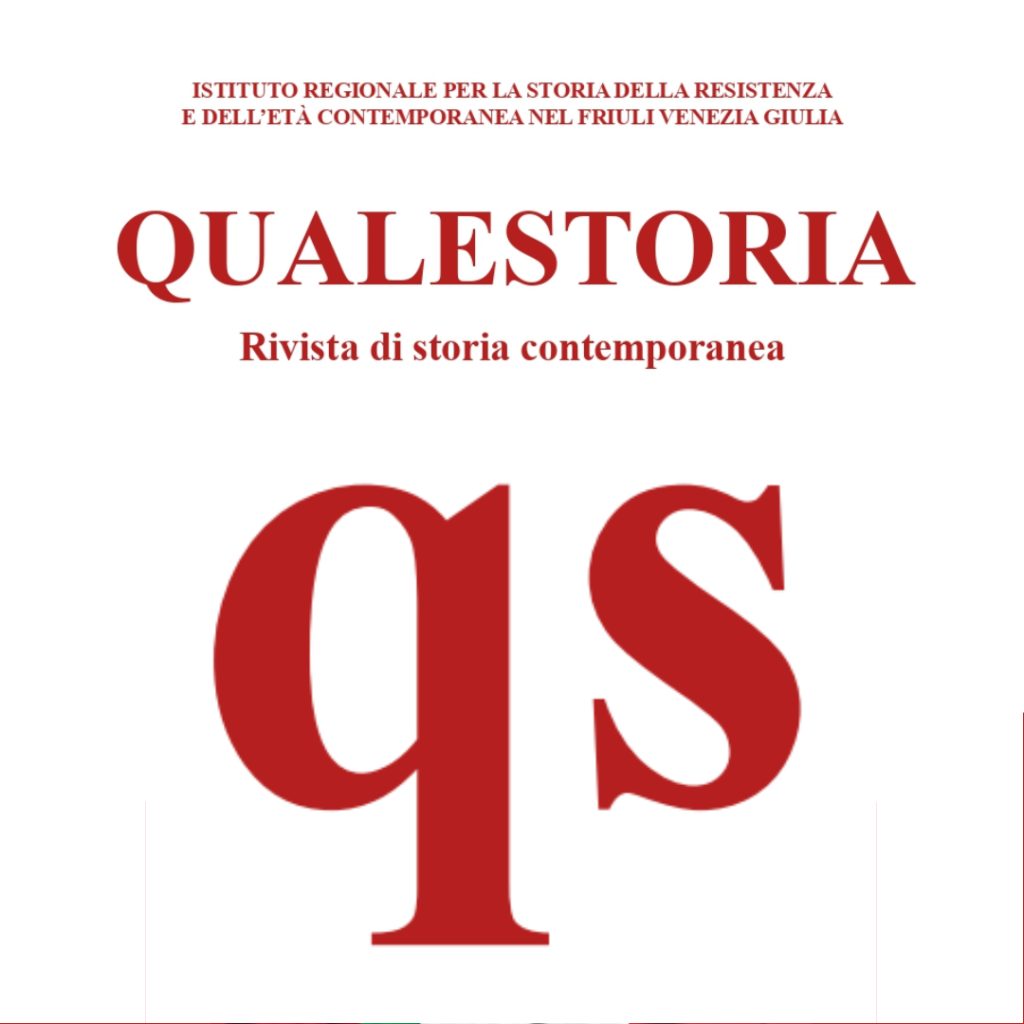Deadline 1 marzo 2019
The 30 years that have passed after the fall of the Berlin Wall have been a challenge not only to countries in the Eastern bloc, but also to the western world. Once the Iron Curtain collapsed, liberal democracy acquired wings but also new meanings. Ever since then it has been the engine to fuel changes, be they economic, social, political or educational. The endeavor to build on the remains of Socialist dictatorships political regimes that nurture respect for the rule of law and human rights has been tremendous, especially in those areas with little or no democratic tradition. The costs of transition are not yet known, as some countries are still paying them. The transformative efforts have had their positive and negative consequences, varying from country to country, due to violence, poverty, lack of coherence in policies of transitional justice, continuity of some institutional structures and political actors, economic instability and frailty, lack of solidarity. Despite these circumstances, transnational political and military structures such as the European Union and NATO have expanded in former territories of Soviet influence providing a sense of safety and stability.
This call for papers seeks for transdisciplinary perspectives on the 30 years that have passed since the collapse of the communist regimes. The contributions should analyse the economic and political transformations that the former Soviet Bloc underwent, by looking at institutions, people and everyday lives, policies and politics, post-traumatic memories and policies of memory, East-West post-communist interactions and interdependencies etc.
Editors welcome contributions from different fields of research: history, political science, cultural studies, philosophy, sociology, gender studies or any other related areas of interest.
Topics may address (but are not limited to) the following aspects:
transnational consequences of the end of the Cold War, global impact
national and regional comparative perspectives
evolution, implications, consequences, instruments of the process of democratization
successful or failed politics, policies and practices of transitional justice
traumatic memory of the difficult pasts, amnesia, nostalgia; museification and memorialization
transformations of core institutions and systems: government, education, research, healthcare, social work, visual and liberal arts, etc.
demography and migration
economic transformations from state market to free market, privatization and social costs
deindustrialization and its consequences
adaptative discourses of the Socialist/ Communist ideology and political transformations.
Contributors are kindly asked to write abstracts (English, French or German) that do not exceed 500 words.
Deadline: 1st of March 2019.
You may submit your proposals at: hce10@iiccmer.ro, dalia. bathory@gmail.com.
Selected authors will be notified by the 10th of March 2019.
The deadline for the final draft of the paper is the 20th of June 2019.
The academic journal History of Communism in Europe is edited by The Institute for the Investigation of the Communist Crimes and the Memory of the Romanian Exile. It is a journal open to all inquiries that have the objectivity, complexity and sophistication required by any research on the issue of communism, as well as on the different aspects of totalitarianisms of the 20th Century Europe. These scholarly investigations must remain an interdisciplinary enterprise, in which raw data and refined concepts help us understand the subtle dynamics of any given phenomenon.
For further information please contact us at +40 21 316 7565 or office@iiccmer.ro.
***
The Institute for the investigation of Communist Crimes and the Memory of the Romanian Exile (IICCMER) is a governmental structure established in 2005 under the coordination of the Prime Minister. Its role consists, first of all, of managing and scientifically analyzing the totalitarian period and its consequences. Secondly, IICCMER supports the creation and implementation of educational tools to a memorial end, thus contributing to the articulation of the context in which the values and fundamental rights be accepted by our post-totalitarian society. Last but not least, the Institute gathers, archives and publishes documents related to the memory of the Romanian exile.













